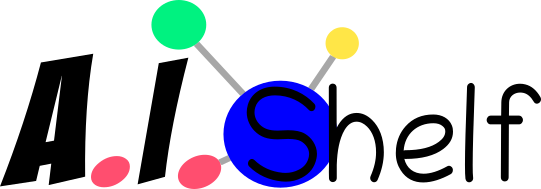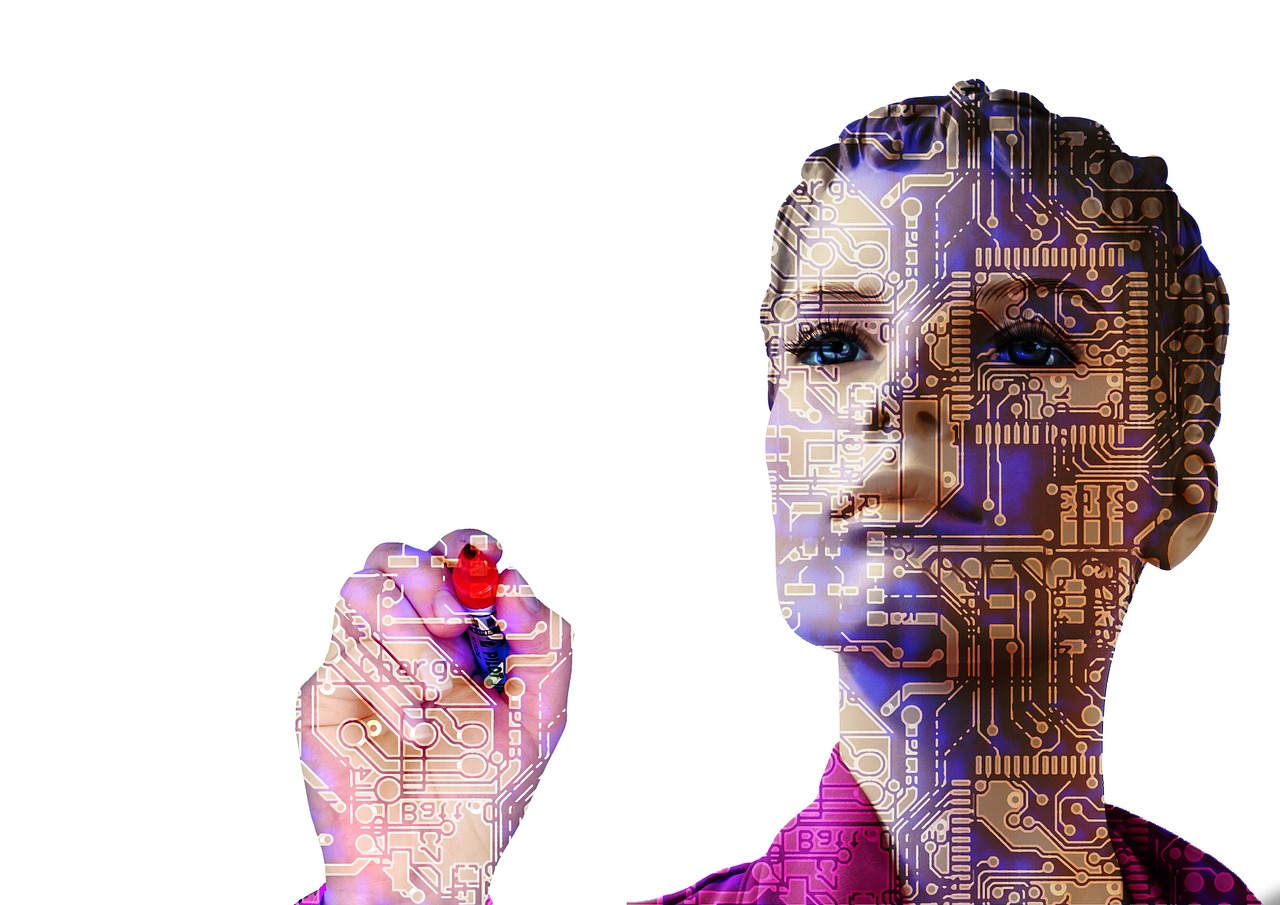Index
We are talking about automation
… And we talk about it a lot!
In fact, Gartner makes it clear:
“Over the next 3 years 65% of companies will have automation at scale. “
AI, IPA, RPA, Robots and Hyper-Automation: all these terms and other technical acronyms add up, even bringing up new ones regularly. Despite this, the mainstream media is picking up on the subject. Quite subtly by the way, by linking this trend to the crisis we are going through and consequently to the way home-working is slowly spreading. Working at home and automation: the link does not seem so logical at first glance.
Does the pandemic really have a connection with this digital transition that we are experiencing today? Wasn’t she just some sort of catalyst or accelerator for a much quieter revolution that has been lurking for a few years now? Isn’t this need to automate or simplify our existence a more than legitimate desire in a world that is becoming more and more complex? In fact, isn’t this simplification the very essence of IT? Why else did you create computers?
Having worked in the software industry for over 20 years, I confess that I am not always aware of the multiple transitions and technological leaps that have taken place. But when you look at it closely, it’s amazing the impact they have had in our daily lives. In all honesty, I mostly see this daily complexity when I have to help out my mother (over 80) or friends / family on problems that seem quite simple to me. Simple, yes, but in fact because I see them on a daily basis. For digital neophytes, it must be recognized that IT has not always delivered on its promise:
Simplify our life !
What about the entreprises ?
Unfortunately on the business side, it’s the same, maybe worse in fact. In my job I regularly meet customers who show me their daily work and sometimes I am surprised when I see how certain tasks can be complex and time-consuming for such a low return. In fact, depending on the field of activity, this waste of time can represent more than 30% of the working time. Ouch.
For example, I remember spending a few hours in an insurance company contact center. An agent showed me how he worked. In short, he had to use a dozen (minimum) of different business applications with which he had to juggle regularly (at least to not lose authentication and to prevent the timeout). King of Alt-Tab and Control-V/C, he was quite proud of what he was able to accomplish despite a hostile computing environment (he said). I admit that his dexterity with the keyboard was quite impressive. He then, showed me that at the start of the day he did a lot of cut and paste in several Excel spreadsheets to keep information on hand that he often used. He said like that it saved him time. Unfortunately, this information often became out of date during the day. So, he then had to go over the files to update them.
In short, to a technically complex process, humans had added their own complexity.
Despite everything and from this testimony, our user saw it as a time saver. Most of all, I felt like it had become a work habit. One way to survive in this chaos of heterogeneous applications that this employee endured daily. Some might look away and say that this is just a bad example. Unfortunately, I have met a lot of them in my career.
Let’s face it, businesses today are equipped with a lot of software. Too much, no doubt. This is a fact that does not simplify our human life in this world which is becoming more digital every day. How to remedy this and finally respond to the promise of simplification?
This is where automation comes in for me
This approach will indeed help create a digital workforce that will do all this tedious work for us. It will manage this complex, heterogeneous and constantly evolving application park and will hide it from us. Take the restaurant analogy. When you go to dinner you are not going to see how your food is cooked. And frankly, it’s not worse because you can focus on the most important: relax and enjoy your meal. Imagine going to a restaurant. Once entered, the waiter puts a basket with the ingredients in your arms. Then he shows you the kitchen so you can cook your meal. You might as well stay at home, right? well it’s the same idea with automation (the analogy ends here because it is clear that the talent of a cook does not deserve this parallel).
Why would we humans do work that we see as having no added value?
So let’s say goodbye to those copy / paste. Bye bye to these tiring, repetitive and above all uninteresting computer manipulations. Automated processes work behind the scenes, connect, prepare data, perform “obvious” tasks (which do not require human intelligence / arbitration) – transparently, securely and reliably! They hide this work from us in the background and above all do this technical and complex cuisine for us.
This digital workforce is undoubtedly the answer to this silent revolution I was talking about in the preamble. Personally, I see this as the promise of an IT system that makes life easier for people.
So, if we take a step back, isn’t all this ultimately a unique opportunity to rethink work and its alienation?
Let’s play.





